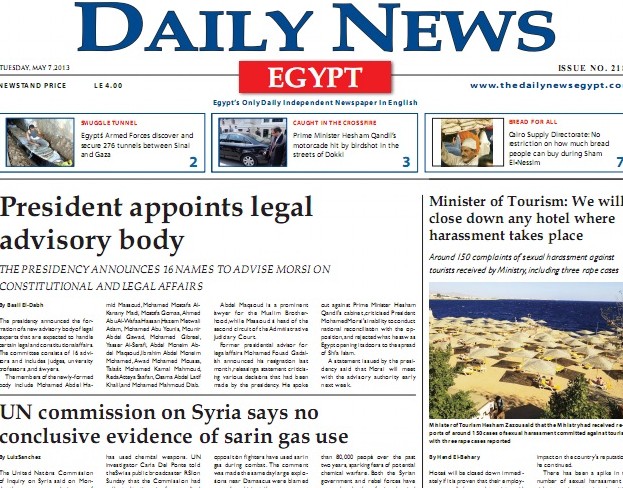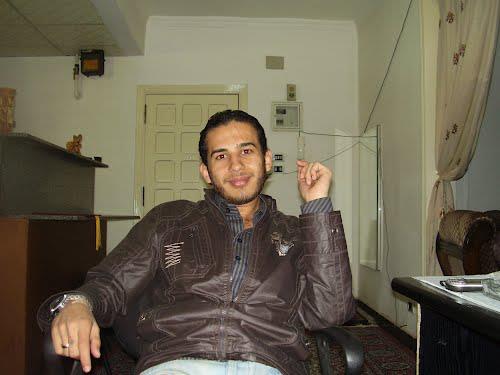Foreign ministers of the Arab League condemned Sunday Iran’s failure to prevent attacks on the Saudi embassy in Tehran and the consulate in Mashhad.
In a final statement following its meeting Sunday, the Arab League also condemned the discovery of a “terror cell” in Bahrain. The Bahraini government alleged that the cell was backed by Iran.
With the exception of Lebanon, where Hezbollah has significant political influence, all Arab League member countries pledged their support to the statement.
The statement did not mention prospective joint-measures to be taken against Iran. However, a small committee will be formed to consult over potential action.
Egyptian Foreign Minister Sameh Shoukry said Sunday that foreign ministers of the Arab League urged Egypt to follow up on the Saudi-Iranian tensions during the discussion at the UN Security Council since Egypt is the only member of the Arab League on the council.
Arab League Secretary General Nabil El-Araby will convey the Arab League’s concerns in his next visit to the United Nations.
Prior to the Arab League meeting, Shoukry condemned the violations against the Saudi diplomatic buildings in Iran. He also impugned Iranian intervention in Arab issues under the pretext of Shi’a protection.
“Egypt refuses all the threats from Iranian officials over [the Saudi kingdom’s] enforcement of its internal law on a Saudi citizen only because he belongs to the Shi’a sect,” Shoukry said. “I also reject any attempt to interfere in our affairs under the pretext of fighting Sunni extremism.”
UAE Foreign Minister Abdallah Bin Zayed rejected any attempt to intervene in the Arab issues. He said the violations on the Saudi embassy in Tehran reflect either a desire to carry out such violations or negligence.
Saudi Arabia may take further measures against Iran, in addition to the severance of diplomatic ties that occurred last week, Saudi Foreign Minister Adel Al-Jubair said Saturday. “We are monitoring the Iranian movement and will take suitable measures against it,” he said in a press conference.
Al-Jubair commented on the possibility of further Saudi action after emerging from a Gulf Cooperation Council (GCC) meeting one day before the Arab League meeting.
Tension has long existed between Saudi Arabia and Iran; however, it reached new peaks when Saudi Arabia executed 47 persons, including prominent Shi’a cleric Nimr Al-Nimr, prompting criticism and anger from several factions including the Shi’a community in Iran and the Arab world.
Both countries have nonetheless confirmed that their disagreements will not affect the Syrian conflict.
UN Special Envoy for Syria Staffan de Mistura said, in a statement after his meeting with Iranian Foreign Minister Mohammad Javad Zarif, that Tehran confirmed that the tension with Riyadh will not affect the Syrian peace talks, set to take place this month.
Al-Jubair reconfirmed his support for peace talks following the Arab League meeting.
Meanwhile, a Chinese envoy visited both capitals last week, urging both countries to ease the hostilities, in a rare Chinese diplomatic intervention in Middle East issues.
Chinese Vice Foreign Minister Zhang Ming addressed possible methods to resolve the current tensions, according to the Chinese Foreign Ministry. He repeated his message in Tehran.
China relies on the Middle East for its oil supply, but has previously largely refrained from interfering in the political affairs in the Middle East, preferring to allow other permanent Security Council members to address them.



